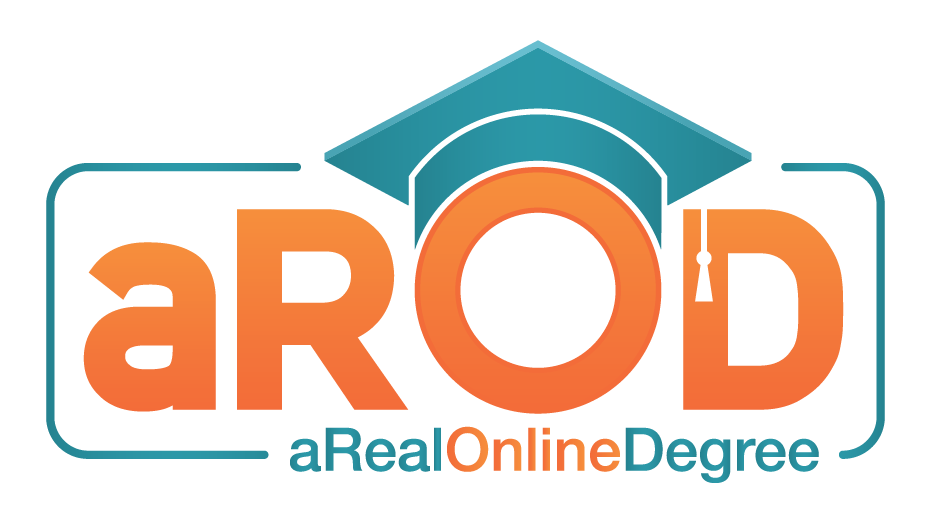Online Master's In Higher Education - Top Programs 2017
There are many paths to becoming a great teacher. They all start, however, with a degree. Whether you are currently a teacher or simply dream of a career in education, you might want to consider teaching at a college. Free from some of the political stress of public schools, colleges offer a career path that has more of a focus on education. If you want to get the training necessary to become a college instructor without having to attend classes in person, you might want to consider getting an online masters in education from home.
Complete Guide To Online Master’s In Higher Education
The Course of Study
The online masters in higher education is a course of study that tends to focus upon the tools and techniques needed to teach at a collegiate or university level. The general course of study concentrates on theories of education, classroom skills, analysis and even basic educational psychology. There are many different programs that focus upon higher education, and each is a bit different. The one uniting factor, though, is that they all seek to prepare individuals to teach at the highest level.
Why You Should Pursue It
Pursuing this degree is a great way to change your life. Whether you are a current teacher or someone who has always wanted to teach at a high level, this is the degree that can put you on the right path. Teaching at a facility of higher education is a great way to make a permanent difference in the lives of many people as well as a great way to pursue a career that will give you a feeling of meaningful contribution to the world. Whether you want to teach or simply learn the principles behind teaching, this is a great degree to pursue.
Standard Courses
As one might imagine, the standard course load in an online masters in higher education program does vary from school to school. There are, however, a few classes that are offered in almost every program. Major classes tend to focus on how to teach, how construct assessments and how to deal with diverse and often difficult classrooms. Classwork might vary greatly based on one’s particular path through the program and career end-goals, but most of the courses will focus on teaching. This masters program does tend to share a few similarities with other masters of education programs, with classes like Classroom Assessment and Classroom Management sitting at the core of the curriculum.
Career Opportunities
A higher education masters degree has many possibilities attached to it, especially if you really do want to pursue college education as a career. This degree is most commonly pursued by those who want to make a transition from teaching children to teaching adults – many individuals use it as a way to move from high school to college settings, for example. The degree can also be useful in corporate settings, especially if you want to pursue a path in corporate education or human resource management. Some even use the online masters in higher education to work for test preparation companies, as the degree’s focus on analysis and assessment makes students of the discipline uniquely suited both as tutors and as test designers.
Going Online
Getting a degree online is a great way to pursue a career in higher education. While the online masters in higher education may not always be much faster than getting a degree in a traditional setting, it does allow you to make your own schedule and to work at a pace that is appropriate for your lifestyle. Rather than requiring you to set aside time to drive to a campus every week, you can do your assignments from the comfort of home – a great perk for those who have full-time jobs or who care for a family. Perhaps best of all, this sort of program can be taken at an increased or decreased pace, allowing you to pursue your career goals at a speed that makes sense for your life.
Requirements for Admission
Requirements for admission for a higher education masters degree vary from school to school, but there are a few constants. To be admitted, one must always have some form of bachelor’s degree – an education-related undergrad experience is usually preferred, but not always required. Most programs also look for at least two to three letters of recommendation from professional peers. Online programs also tend to require a specific score on a graduate admission test, usually either the GRE or the MAT. Other requirements vary by school.
